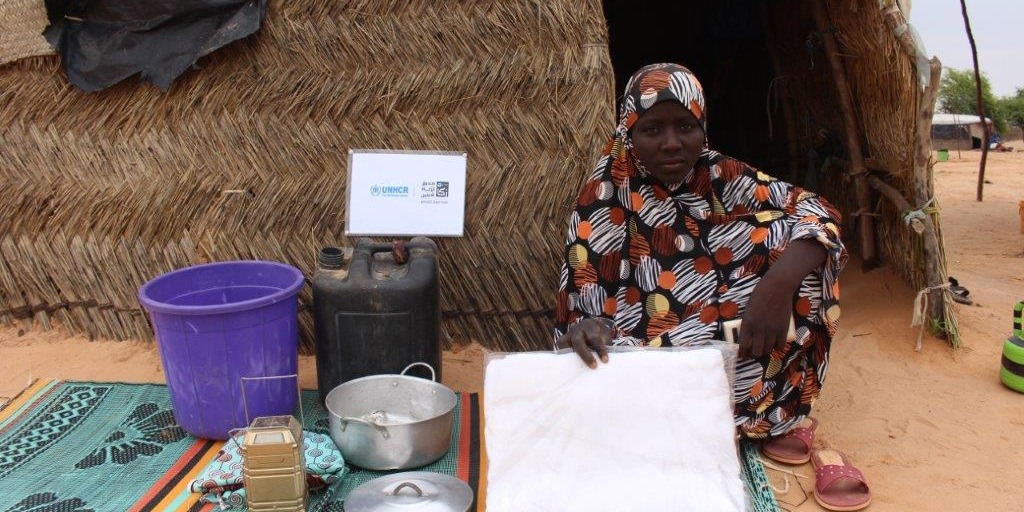Middle East-focused U.N. refugee agency zakat fund reports 12.5% rise in 2020, plans global roll-out
UNHCR, the United Nations’ Refugee Agency, reported a 12.5% increase in donations to its zakat fund last year to $48.58 million compared to $43.165 million in 2019.
97% came from the Middle East and North Africa region, with institutional donors making up 87% and 13% were from digital donations, according to the agency’s annual zakat report released on Wednesday (March 29). Digital donations are typically made by individuals.
UNHCR said that one of its objectives for this year is to develop its Islamic philanthropy engagement in other regions.
“With additional human resources that joined in 2020, UNHCR will intensify its engagement with Islamic philanthropy stakeholders in Asia, Africa, North America, and Australia in 2021,” said the U.N. Refugee Agency.
“This will open opportunities to build partnerships with local Islamic organisations, financial institutions, and philanthropists to raise more awareness about the displacement crises and the role of Islamic philanthropy in contributing to its humanitarian response.”
The zakat funds raised in 2020 were distributed to 1,630,709 refugees and internally displaced persons, compared to 1,025,014 in 2019, a 59% increase.
The beneficiaries were based in ten countries: Yemen, Jordan, Lebanon, Egypt, Niger, Mauritania, Iraq, Pakistan, Bangladesh, and India. Yemen received the largest proportion of 55%, followed by Bangladesh (18%) and Lebanon (12%).
Separately, UNHCR collected $12.92 million in sadaqah in 2020 that benefitted around half a million persons in multiple countries including Chad, Sudan, and Ethiopia.
The agency’s zakat distribution process is reviewed for compliance by the UAE-based Tabah Foundation for Research and Consultancy, that pointed out the U.N. body needs a clearer approach to managing donations that have been designated by online donors “to where it’s most needed”. These are currently allocated by UNHCR to the least funded zakat-compliant programmes on an annual basis and in 2020 were allocated to internally displaced persons in Iraq.
Tabah also recommended UNHCR explore options to inform beneficiaries that some of their funding comes from zakat so they know the global Muslim community has not abandoned them, said the report.
UNHCR this year will launch a legacy-giving programme for donors who want to extend their support to refugees and internally displaced persons beyond their lifetime.
The agency is also exploring the possible establishment of a cash waqf for refugees, it said.
Zakat donations to UNHCR in 2020 covered approximately 20% of its expenditure on zakat-compliant activities in 10 countries.
The agency projects $2.7 billion is needed this year in countries where it can distribute zakat, to assist 24.2 million persons.
© SalaamGateway.com 2021 All Rights Reserved
